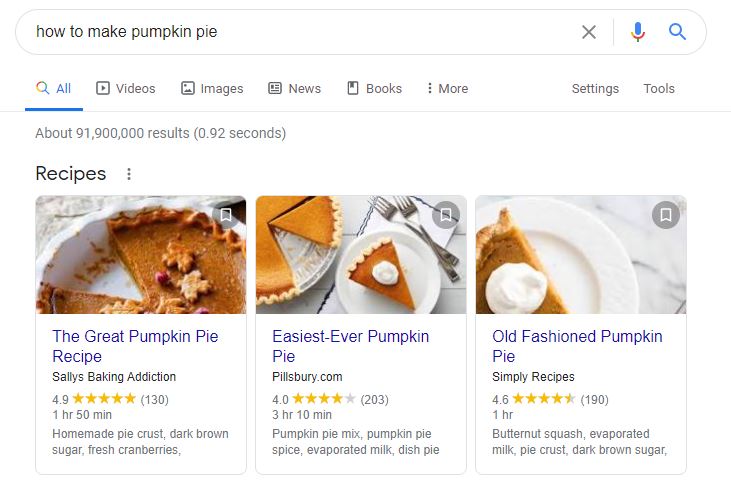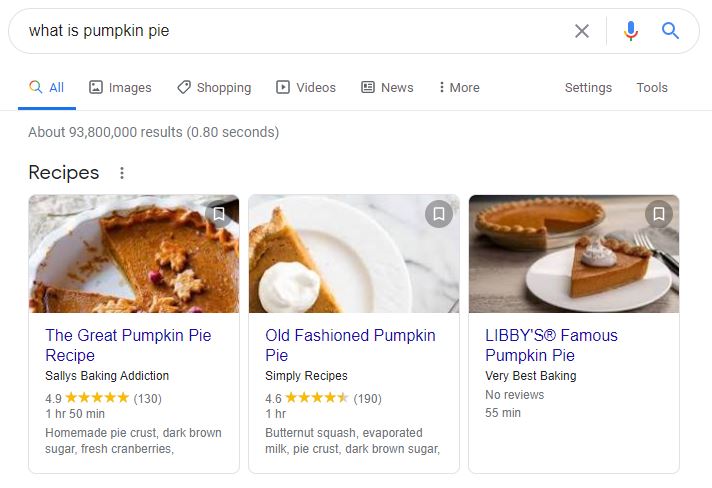Choosing the Best Keywords to Attract Business

This article was first published on March 25th, 2021 and was last updated December 2021.
Why is it important to choose the right keywords? For a new business creating content, finding and implementing the right keywords can come off as a harder task than meets the eye. Choosing the best keywords for your content helps define your business’ services and products while bringing in the right clientele. Don’t go with just any keywords you find. It’s important to know how you choose the right SEO keywords. In this article, we will go into the different types of keywords, how to analyze keywords, and how to choose the right keywords for SEO and your website.
Why is it Important to Choose the Right Keywords?
Keywords are the words and phrases that individuals type into a search engine. They’re also known as search queries or “SEO keywords”. You may be wondering why is it important to choose the right keywords? Choosing the best keywords is one of the best ways to figure out what your audience is searching for. In this way, you avoid creating content or go in directions that nobody is searching for and lose those opportunities.
Keyword research also helps answer questions that help point your business in the right direction. Questions such as:
- Will it be hard to rank for this keyword?
- What form of content is best to rank for this keyword?
- How much traffic will this keyword bring in?
- Will this keyword help form new customer interactions for my business?
- Does this keyword help answer my customer’s questions?
- What keywords are best for business success?
When you find the right keywords to use through keyword research and strategy, it will become easier to know which keywords are the right ones to choose.
Understanding Different Types of Keywords
While you’re learning to implement different keywords into your content and website, it’s important to recognize the difference between long-tail and short-tail keywords.
Long tail keywords relate more to a question or a longer list of words. Examples of this could be, “best bread pudding in NYC” or, “white label services for small business”. While long-tail keywords aren’t used as frequently as short-term keywords, it opens the door to rank for more keywords. But, just because you’re able to rank for more keywords doesn’t mean individuals will search for them.
Short-tailed keywords usually consist of 2-3 words that can sometimes be more broad of a search. Examples of this could be, “pie shops”, or “wedding photographers”. When the keywords are shorter, it makes it broader and harder for individuals to rank for it. However, when you add your local area into the keyword, it can help eliminate more competitors ranking for the same keyword. Overall, recognizing both types of keywords helps improve your content and intent in which type of keyword should be used.
Finding the Right Keywords
Keyword research starts with thinking about how potential customers might be searching for your business or website. When an individual has a specific search query, there’s always a different intent behind it. That intent could be about learning more information, recalling information, or even taking action. For these specific search queries, it’s easier to organize keywords into three types of categories:
- “Do”: This type of keyword category represents when someone wants to complete an action. Examples of this could include, “buy BTS’s newest album” or “exercise classes Lehi Utah”.
- “Know”: This type of keyword category represents when someone wants to know more information about the topic or product. Examples of this could include words such as where, how, why, who, or what.
- “Go”: This type of keyword category represents when an individual knows exactly what their intent is in their search. They can search for something specific such as, “Boostability” but need the additional help of a search engine to get them where they want to go.
These categories can help put your business on the right track in knowing the different search intentions behind choosing the best keywords.
Once you figure out a specific keyword you would like to build into your website or content, focus on the intent behind how your customer will search for that information as well. Having a specific direction with your keyword will not only give purpose to your content (especially for search engines trying to understand your content), but will be valuable information to your clients. Having valuable knowledge within and about your industry helps build on the strength of your keywords and content.
Analyzing Keywords in Your Content
When you have a list of keywords for your business to start using, it’s important to create the right kind of page and content to address it. It’s very important to have a proper keyword strategy in place for your content to succeed and progress. There are two ways you could go about doing this:
1) Identify Parent Topic
When you have a list of keywords, have your business look over them all as a whole. From there you could think about if it’s best to build a different page for each keyword; or to target all of them on a single page. This depends on how the search engine sees these keywords. For example, let’s say you’re a pie shop wanting to write an article about your seasonal fall favorite pumpkin pie. You generate and have a list of keywords as followed:
- how to make pumpkin pie
- what is pumpkin pie
- Pumpkin pie recipe
- how to make pumpkin pie at home
- Sugar-free pumpkin pie
If you were to take two of these keywords and type them into the search engine, would they show the same results or have different results?


For these search results, the answers appear very similar. In this case, the search engine Google views both of these keywords as part of the same topic. We can also see that most of the results for both searches are posts about making pumpkin pie. That tells us that “what is pumpkin pie” is a subtopic of the broader topic of how to make a pumpkin pie. Now that we’ve found “how to make pumpkin pie” as the parent topic, the article can then focus on how their pie shop creates the deliciously famous pumpkin pie that is sought after every fall season. This way of addressing keywords helps bring a better focus to your business and helps bring in the right clientele.
2) Identify Search Intent
Identifying and choosing the best keywords to go in the right spot on your website can be easier than you think. Let’s go back to the pie shop example. Let’s say you have this list of keywords:
- fruit vs cream pie
- pie maker
- pie crust
- How do you bake a frozen pie?
- best dishes to cook pie in
If you have an online store and a blog, it’s important to know where these types of keywords should be placed. For some keywords, it’s easier to know which ones go where. For example, you wouldn’t want to make a product page about “how do you bake a frozen pie?”. Searchers want to know how to bake a frozen pie through reading a blog post, not buying a frozen pie. What’s important here is to find the goal of your keyword and go from there. If your keyword has a process of steps to follow, a blog post could be more effective. If your keyword has direct intent of finding a service or product, then a product page would be more effective. When you have a list of keywords for your business to succeed with and start using, it’s important to create the right kind of page and address it.
How to Choose the Right Keywords for SEO
Choosing the best keywords that are more specific to your website helps benefit your SEO. However, just like the different categories the keywords are put into, there needs to be intent behind it. For example, let’s say you’re focusing on building out your products and services page on your website. It’s better to use keywords related to an action such as, “buying” or “viewing” a certain product. That keyword becomes more favorable to your page and brings the right clientele to your page.
Choosing the best keywords matters for local SEO as well. While it may be tempting to target a larger city or area, if your service is very specific and faces little competition, it’s better to target keywords based in your own area. As a result, you’ll find a larger amount of demand for your business. Making your keywords more specific to your target audience helps bring in the right clientele and traffic to your business’ website. By using keywords based on service and location, the more likely your business is to convert new customers.
Choosing the Right Keywords
Getting caught up in other keywords that don’t add value to your business will bring larger bounce rates and uninterested clients. Adding and choosing keywords for business success all stems around specific intents that your audience has. Working on your keyword research, with an SEO focus in mind, will bring your business the most success over time.
Keyword research isn’t always an easy task to undertake. You should never have to struggle alone, whether you’re a small business owner or are running the digital marketing strategy for a small business.
If you’re needing help along the way, Boostability is here to help with white label SEO services! New to white labeling? Learn what white label SEO is and what to expect in our ultimate guide!

